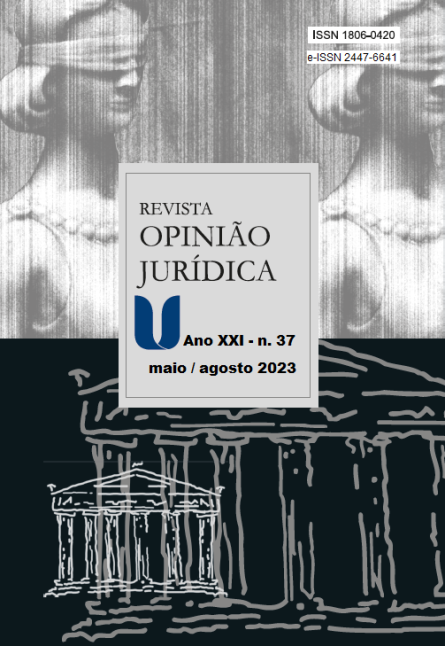USING THE INVESTOR’S EXPECTATIONS TO DETERMINE INDIRECT EXPROPRIATIONS IN INTERNATIONAL INVESTMENT ARBITRATION
DOI:
https://doi.org/10.12662/2447-6641oj.v21i37.p276-305.2023Keywords:
expectations, investor, arbitration, expropriation.Abstract
Objective: This article studies the role of foreign investors' expectations in defining an indirect expropriation in international investment law and arbitration. Indirect expropriation occurs when a State's regulatory measure that aims to implement a particular public policy has an impact which is tantamount to an expropriation. The impact of the measure on foreign investment is likely to neutralize it and make it inoperative. In the practice of International Investment Law, investment protection agreements as well as the arbitral case law refer to the unequivocal and reasonable expectations of investors to analyze the expropriation effects of a State's regulatory measures. However, the contours of these expectations are still not clearly delimited. The article addresses this conundrum.
Methodology: A qualitative methodology was applied, based on primary and secondary sources. A sample of investment protection agreements and arbitral jurisprudence was, accordingly, examined. An inductive method was also used whereby the case law was studied to understand and explain the elaboration and reasonableness of investor expectations.
Results: The use of legitimate expectations to identify an indirect expropriation must be based on objective, clear and unequivocal representations made by the State to the investor to legitimize their expectations. The delimitation of expectations also necessarily depends on the behavior adopted by the investor during his operations.
Contributions: The article presents a reflection to rationalize the use of investor expectations in International Investment Law and, more specifically, in international arbitration between investors and States. It contributes with a methodology to justify in which cases, under which conditions and with what limits expectations can or cannot be used to identify an indirect expropriation.
Published
How to Cite
Issue
Section
License
CESSION OF COPYRIGHTS
The submission of articles to analysis for publication on Opinião Jurídica implies the author(s) transfers copyrights to Centro Universitário Christus – UNICHRISTUS for reproduction, publicizing, distribution, printing and publication, according to the Publication Norm 414R, Opin. Jur., Fortaleza, year 12, n. 16, p.1-414, Jan./Dec. 2014, costs to be bore by UNICHRISTUS, in whatever format or means that may or shall exist, in accordance to articles 49 and following of Federal Law 9.610/98.
1. In ceding copyrights, the author(s) agrees to do so in exclusivity, free of charge and for the totality of the work.
2. UNICHRISTUS may make the work, in its entirety or in parts, available for scholarly purposes, without altering its contents, except for small corrections that are deemed necessary.
3. The cession of copyrights is valid in all countries and for versions of the material in its original language or translated into a foreign language.
RESPONSIBILITY FOR THE CONTENT
By submitting an article, the author(s) declare to have sole responsibility for the content of the piece and is(are), therefore, responsible for any judicial or extrajudicial measures referring to it.
1. In case of joint authorship, all authors are considered collectively responsible, except when proved otherwise.


















